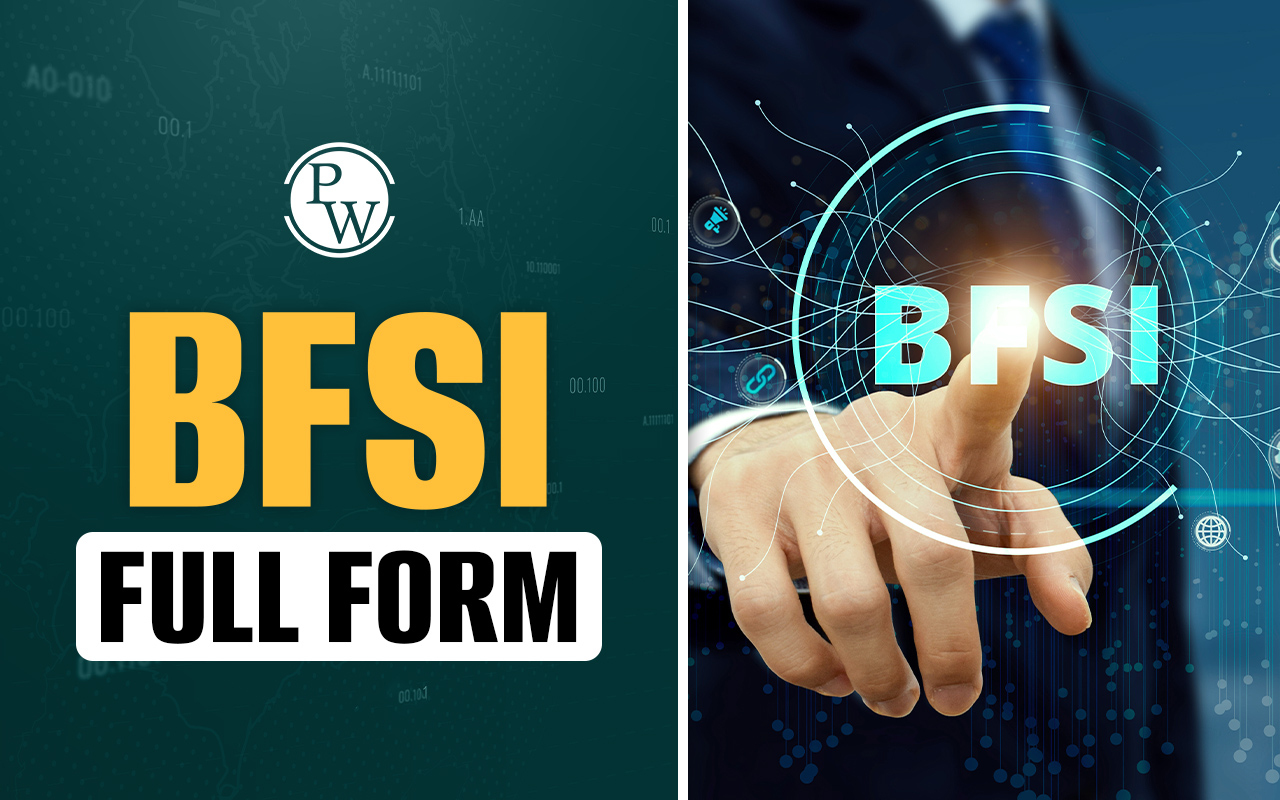
In modern financial systems, Bank Credit plays an integral role in enabling both individuals and enterprises to meet various financial requirements. Whether for purchasing a home, financing education, or maintaining business operations, access to credit through formal banking channels provides essential economic support.
Understanding What Is Bank Credit is fundamental to navigating personal and corporate finance. It involves not only borrowing but also prudent credit management, informed decision-making, and financial discipline. Here, we delve into the definition, operational framework, classifications, and real-world examples of bank credit. Furthermore, we highlight how responsible credit use can enhance long-term financial well-being and professional growth.
What Is Bank Credit?
Bank Credit refers to the amount of funds a bank or financial institution extends to a borrower under agreed terms and conditions. This credit can be in the form of loans, credit cards, overdrafts, or lines of credit. The core concept is based on the bank's evaluation of the borrower's creditworthiness, which includes factors like income, credit history, existing liabilities, and sometimes collateral.
To answer the question, What Is Bank Credit? It is a contractual agreement where a financial institution lends funds to a borrower with the expectation of repayment along with interest. It empowers individuals to make large purchases or cover unexpected expenses and enables businesses to invest in operations or expansion.
The availability and terms of Bank Credit are influenced by monetary policy, interest rates, and overall economic conditions.
How Bank Credit Works?
Banks lend money primarily using the deposits they receive from other clients. The process of approving and disbursing Bank Credit follows several structured steps:
1. Credit Assessment
Before approving any form of credit, banks assess the borrower's repayment capacity. This involves reviewing the applicant’s:
-
Credit score and history
-
Monthly or annual income
-
Debt-to-Income (DTI) ratio
-
Existing debts or liabilities
-
Availability of collateral (if applicable)
A healthy DTI ratio, usually under 36%, and a strong credit score significantly improve the chances of credit approval.
2. Approval and Terms
Upon approval, the bank provides a formal agreement that outlines the:
-
Credit limit or loan amount
-
Interest rate (fixed or variable)
-
Repayment schedule
-
Applicable fees and penalties
The borrower must sign this agreement to receive the funds.
3. Credit Disbursement and Usage
Once approved, funds are either credited to the borrower's account directly or made accessible via credit instruments (e.g., cards or lines of credit). The borrower may utilize the funds as needed, adhering to the bank's guidelines.
4. Repayment and Monitoring
Repayments are typically made in monthly installments. Borrowers must ensure timely payments to avoid penalties and preserve their credit rating. Banks periodically review credit accounts to assess performance and may adjust terms accordingly.
In essence, Bank Credit operates on mutual trust, banks trust the borrower to repay, while borrowers rely on the institution for financial assistance.
Types of Bank Credit
There are several classifications of Bank Credit, broadly divided into two main categories: secured and unsecured credit.
1. Secured Credit
Secured credit is backed by collateral, which the lender can claim in case of default. Due to the lower risk involved for the bank, secured loans typically carry lower interest rates and more flexible terms.
Common types of secured bank credit:
-
Home Loans: The property serves as collateral.
-
Auto Loans: The vehicle is pledged until repayment.
-
Secured Credit Cards: Backed by a deposit.
Secured credit is ideal for borrowers with moderate to strong credit histories seeking favorable terms.
2. Unsecured Credit
Unsecured credit does not require any collateral. As a result, it poses a higher risk for lenders and usually carries higher interest rates. Approval depends heavily on the applicant’s credit profile.
Examples include:
-
Personal Loans
-
Credit Cards
-
Student Loans
Lenders typically impose stricter eligibility criteria for unsecured credit and may limit credit amounts compared to secured options.
Understanding the Types of Bank Credit enables borrowers to choose financial products suited to their needs and repayment capacities.
Examples of Bank Credit
Practical applications of Bank Credit can be observed in both personal and commercial financial activities. Below are some widely used examples of bank credit across different borrower categories:
1. Credit Cards
A credit card allows consumers to borrow up to a preset limit and repay either partially or in full at the end of each billing cycle. It is a revolving form of unsecured Bank Credit. Failure to pay on time may result in high-interest charges.
2. Mortgage Loans
One of the most common secured credit types, a mortgage allows individuals to purchase real estate. The property acts as collateral, and repayment is structured in long-term installments, often over 15 to 30 years.
3. Auto Loans
These are used to finance vehicle purchases. The vehicle itself is the security, and failure to repay may lead to repossession.
4. Business Line of Credit
A business line of credit is a flexible credit facility provided to companies to manage operational costs, fund growth, or handle emergencies. It may be revolving and is often reviewed annually.
5. Overdraft Facilities
An overdraft allows account holders to withdraw more money than their current balance, up to a sanctioned limit. This is a short-term credit option that must be repaid with interest.
These examples of bank credit demonstrate its extensive applicability in everyday life and professional operations.
Importance and Benefits of Bank Credit
The availability and responsible use of Bank Credit offer multiple advantages:
For Individuals:
The following are some benefits of bank credit for individuals:
-
Facilitates major purchases (housing, vehicles)
-
Supports emergency expenditures
-
Helps build credit history and financial credibility
For Businesses:
The following are some benefits of bank credit for businesses:
-
Assists in cash flow management
-
Enables expansion and capital investment
-
Enhances competitiveness in the market
Moreover, Bank Credit plays a critical role in macroeconomic development by encouraging consumption and investment, which drive growth.
Practices for Managing Bank Credit
To ensure responsible credit usage, individuals and businesses should adopt the following practices:
-
Regularly monitor credit reports
-
Maintain a low debt-to-income ratio
-
Make timely payments
-
Avoid maxing out credit cards
-
Refrain from applying for multiple credit lines simultaneously
By managing credit effectively, borrowers can leverage the benefits of Bank Credit while minimizing financial strain.
How to Improve Your Creditworthiness?
Enhancing one’s eligibility for Bank Credit involves both strategic financial planning and disciplined behavior:
-
Build a strong credit history by using credit responsibly
-
Limit existing debts and prioritize repayment
-
Maintain a stable income source
-
Provide adequate collateral when applying for secured credit
A positive credit profile ensures access to better credit terms, lower interest rates, and greater financial opportunities.
Bank Credit FAQs
What is bank credit?
What are the types of bank credit?
Can bank credit improve my credit score?
Is bank credit good or bad?







